As the world shifts towards a new geopolitical landscape, Central Asia, once characterized by its insular policies, is increasingly opening up to global engagement. This evolving openness is drawing significant interest from major global players. Notably, German Chancellor Olaf Scholz's visit to Uzbekistan and Kazakhstan from September 15-17, where he engaged in talks with regional leaders in the "Central Asia-Germany" (5+1) format, underscores the heightened interest in the region.
Germany's diplomatic and economic moves suggest a strategic focus on Central Asia. As major powers seek to influence the region, the question arises: What are Germany's political and economic objectives in Central Asia, and what does it hope to gain from its relationships with these countries?
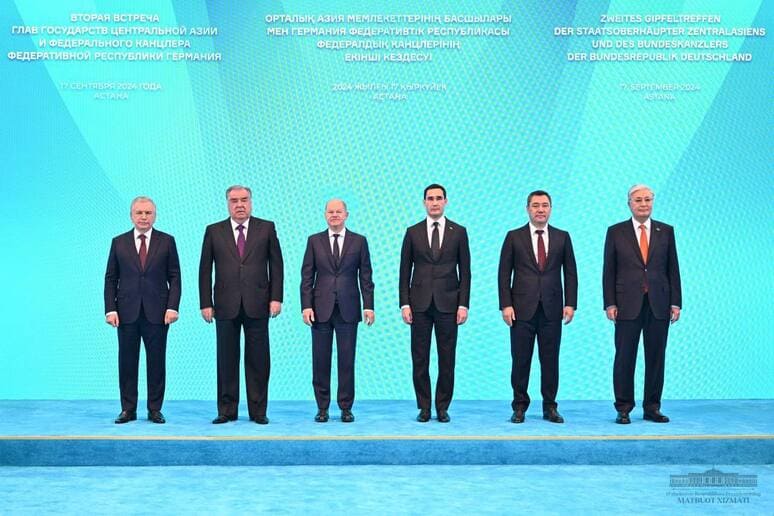
Germany Looks to Kazakhstan for Energy Alternatives
Two days prior to the second "Central Asia-Germany" (5+1) summit, German Chancellor Olaf Scholz visited Uzbekistan. Daryo spoke with experts about the significance of this high-profile visit.
On September 17, Scholz was officially received by Kazakhstan's President, Kassym-Jomart Tokayev, at the Akorda Palace. Their discussions primarily focused on enhancing economic cooperation between Germany and Kazakhstan.
During his meeting with Chancellor Scholz, President Tokayev highlighted a 41% increase in trade volume between Germany and Kazakhstan, reaching $3.9bn in 2023. He noted that Kazakhstan has become Germany's fourth-largest trade partner.
“Positive dynamics are evident this year as well,” President Tokayev said, adding that trade between the two nations has already surpassed $2.3bn in the past seven months.
Dr. Anvar Yoldoshev, a historian and professor, shared with Daryo that Germany aims to diversify its energy sources and is seeking oil and gas from Central Asia to reduce reliance on Russian supplies.

Germany has long been fostering cooperation with Central Asia through the European Union framework, beginning with the adoption of the EU's first strategy for the region in 2007 and an updated version in 2019, spearheaded by Berlin. The Russian invasion of Ukraine in 2022 has reshaped this relationship.
"Germany wants to diversify its energy supply and is looking to get oil and gas from Central Asian countries instead of Russia," said Dr. Yoldoshev.
According to President Tokayev, Germany’s direct investment in Kazakhstan is projected to increase by 64% in 2023, reaching a record $770mn. Since 2005, German investments in Kazakhstan have amounted to about $6.7bn. During Chancellor Scholz’s visit, the two nations agreed on 66 joint investment projects with a combined value of $55bn.
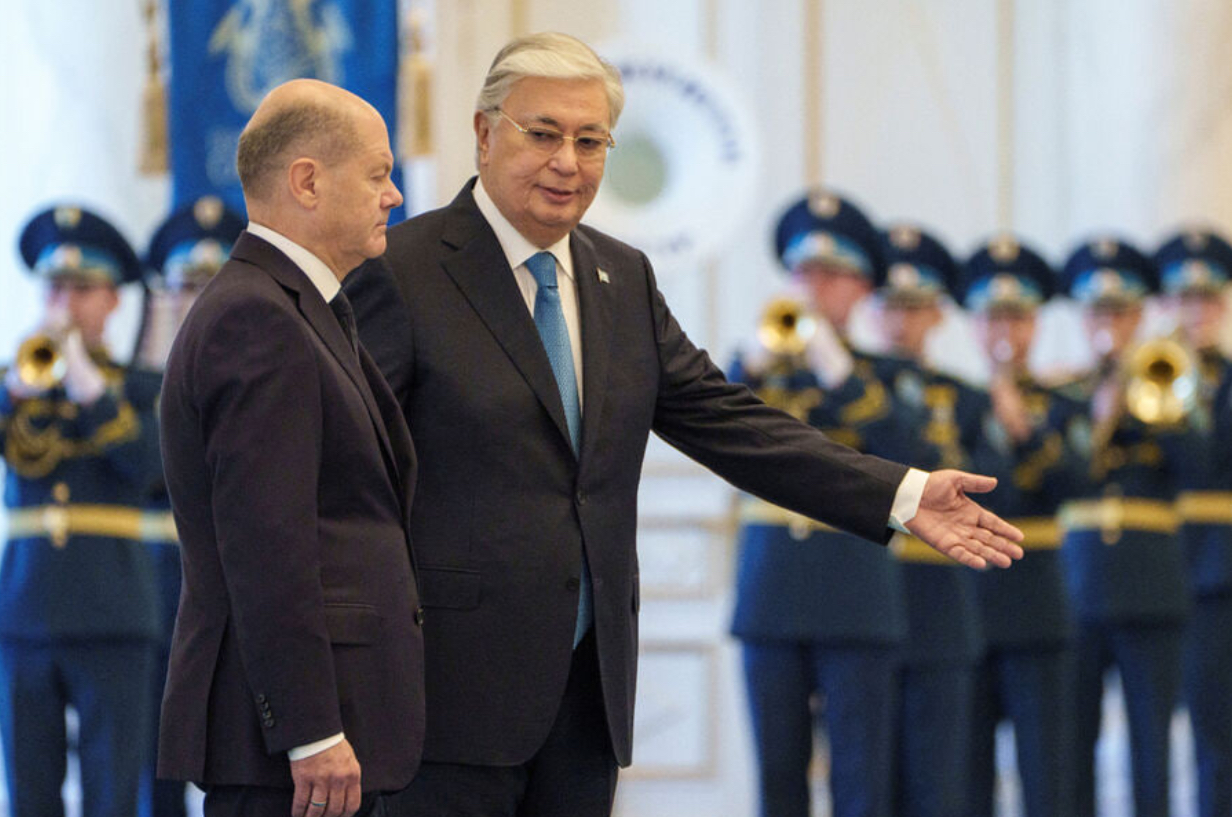
In 2023, Kazakhstan exported 8.5mn tons of oil to Germany, up from 6.5mn tons in 2021. This made Kazakhstan the third-largest supplier of crude oil to Germany, trailing only Norway and the United States. Kazakhstan has begun using the Russian Druzhba pipeline for these deliveries, with the capacity to transport up to 1.2mn tons of oil per year.
"Kazakhstan has become the third-largest oil supplier to Germany," said Anvar Yoldoshev. "Since March 2023, Kazakhstan has been supplying oil to the Schwedt refinery in Brandenburg, which has historically relied on Russian supplies. Moscow also benefits financially from this arrangement through transit fees."
In addition to oil, Kazakhstan holds over 2 trillion cubic meters of natural gas reserves, a significant amount for the German energy market.
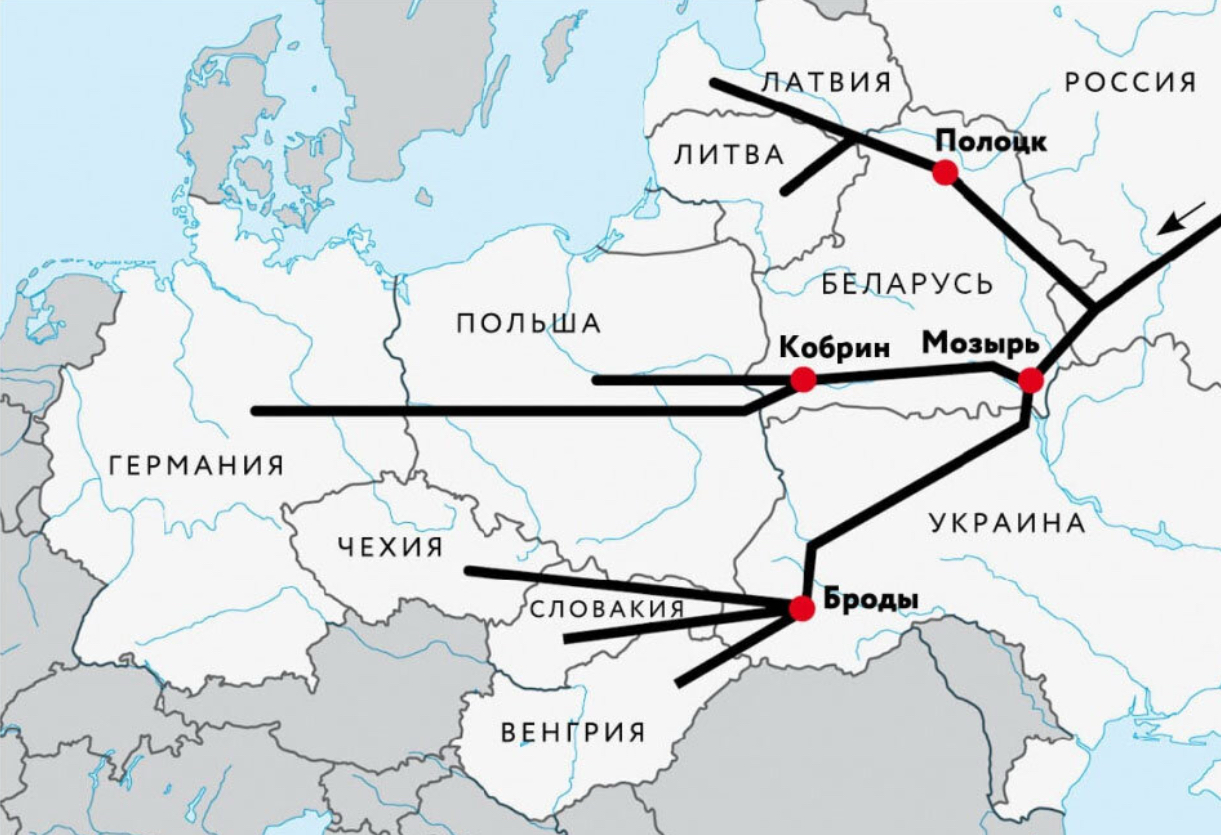
Reducing Chinese and Russian Influence
Olaf Scholz's visit to Uzbekistan and Kazakhstan marked his first trip to Central Asia since becoming Chancellor. Prior to this, Angela Merkel visited Kyrgyzstan in 2016 and Kazakhstan in 2010, but she never visited Uzbekistan.
In June 2023, President Frank-Walter Steinmeier also traveled to Central Asia, specifically to Kazakhstan and Kyrgyzstan. According to Der Spiegel, this visit was part of Germany's updated security strategy, revealed through leaked documents from the German Foreign Ministry. This strategy indicates Berlin's intention to increase its focus on Central Asia to counterbalance the influence of Russia and China.
"The West has developed a strategy to reduce Central Asia's dependence on Russian influence. The leaders of the region are eager for this shift, but the West, particularly Germany, is not offering substantial promises due to its own ongoing challenges," An expert interviewed by Daryo noted.
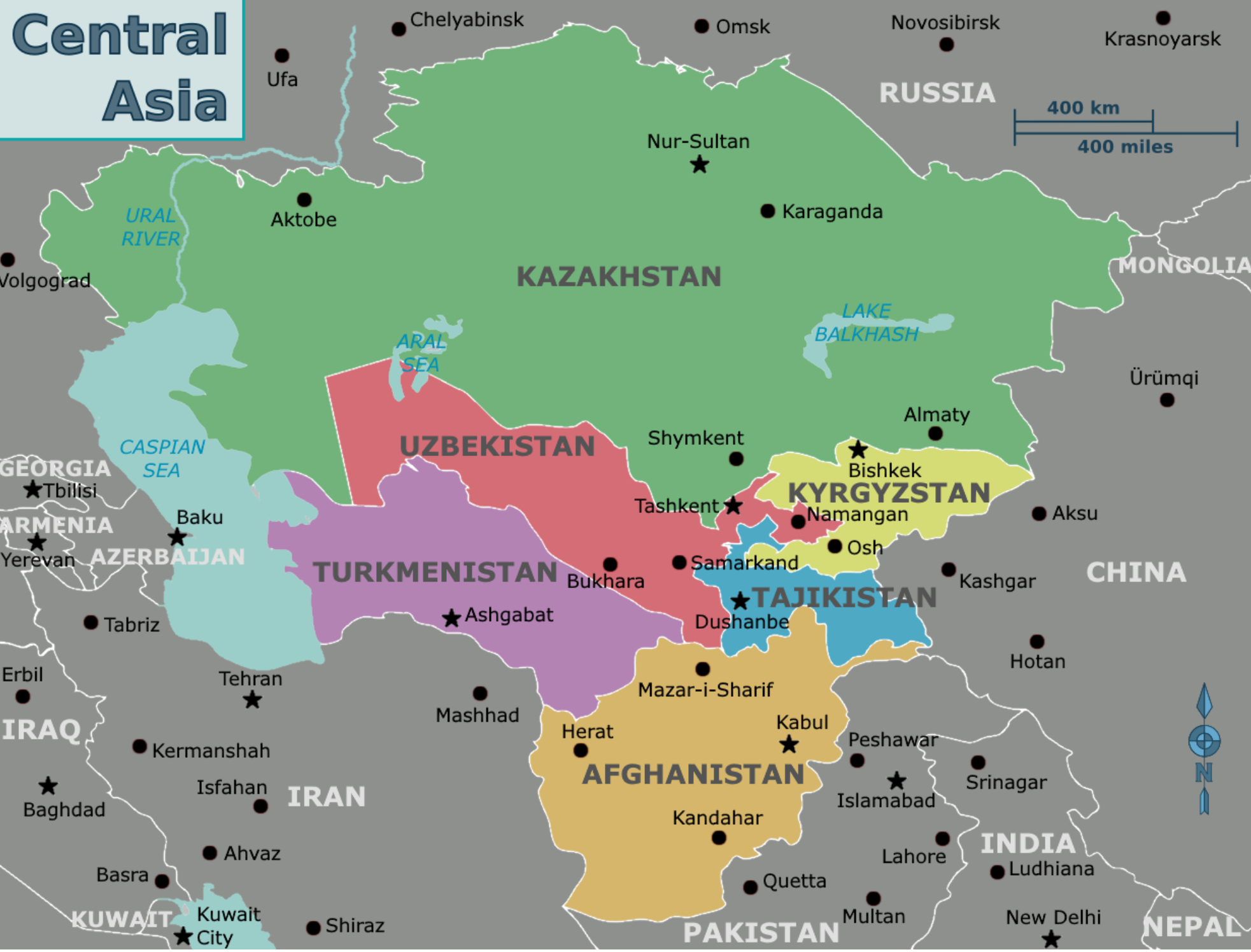
Diplomacy ahead of Ukraine Peace Conference
During German President Frank-Walter Steinmeier’s visit to Kazakhstan and Kyrgyzstan in 2023, the primary focus was on the Ukrainian war and related sanctions. However, in his recent visit, Chancellor Olaf Scholz emphasized the importance of economic cooperation with Central Asia. Prior to the summit, Scholz also discussed Ukraine during his talks with Kazakhstan's President Tokayev.
While in Astana, Scholz highlighted the need to explore potential avenues for initiating a peace process in Ukraine, though he did not elaborate on specifics.
In response, President Tokayev remarked, “The fact is that Russia is militarily invincible. The further escalation of the war will have irreparable consequences for all of humanity, especially for the countries directly involved in the Russia-Ukraine conflict.”
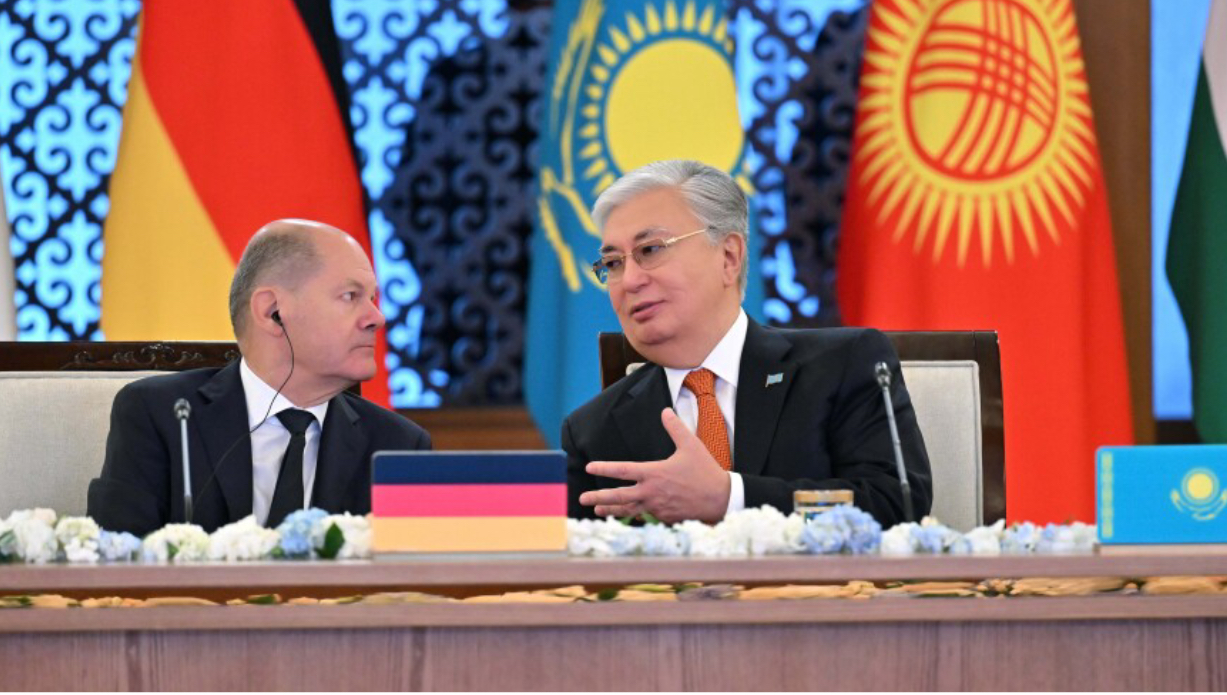
Dr. Anvar Yoldoshev, a historian and professor, observed that Chancellor Scholz’s visit was essentially an invitation for Central Asian countries to engage more actively.
“Before visiting Uzbekistan and Kazakhstan, Olaf Scholz met with Vladimir Zelensky in Kyiv. The upcoming second peace conference proposed by Ukraine aims to involve Russia, and European countries, especially Germany, seem to be leveraging Central Asian nations to apply pressure on Russia. While Scholz mentioned this during his meeting with President Tokayev, it was also implicitly directed at the leaders of other Central Asian countries. Tokayev’s response likely reflected the stance of the entire region,” said Yoldoshev.
Scholz also addressed the Ukrainian conflict, emphasizing that Germany will strictly enforce sanctions to prevent Russia from circumventing them in trade. This issue was also a key topic at the summit with Central Asian leaders on January 17.
Follow Daryo's official Instagram and Twitter pages to keep current on world news.
Comments (0)